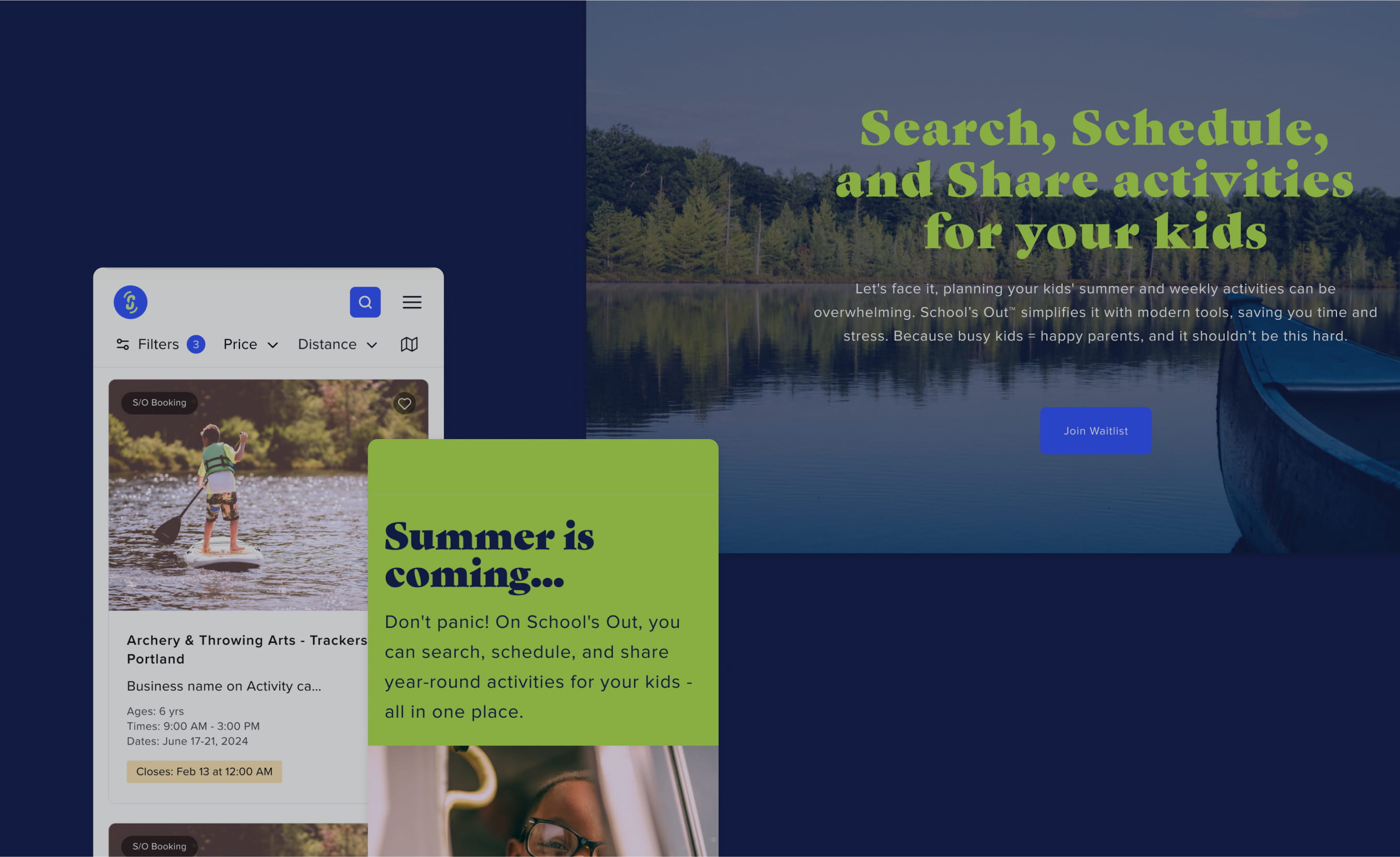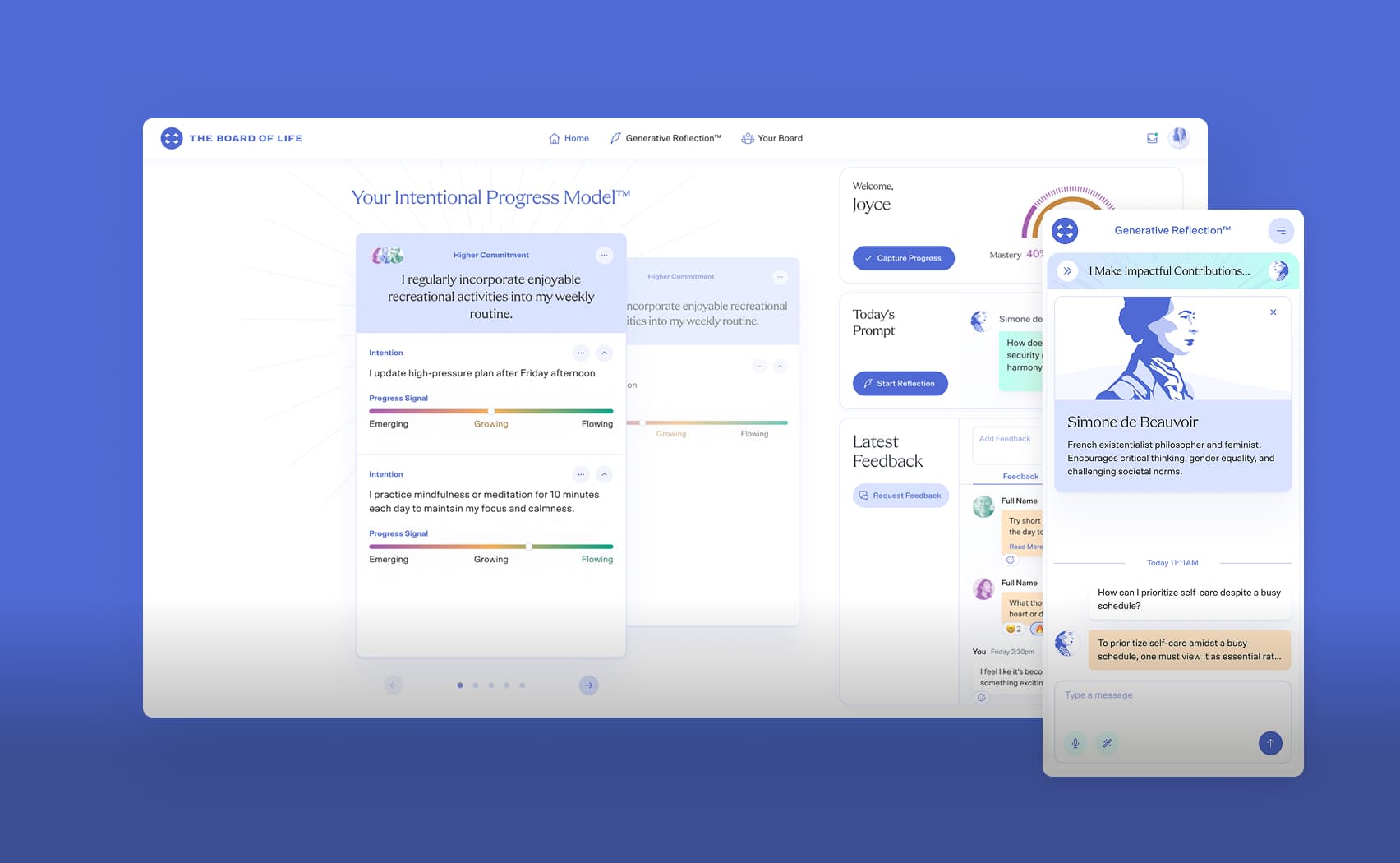Cultivating Workplace Culture In The Era Of Hybrid Work
JetRockets became a Teal Organization in 2020, giving employees more autonomy to work from their unique abilities. This transition was successful and pairs well with hybrid work, allowing employees to work from a position of purpose and cultivate their desired culture. The company is optimistic about the future and the benefits of hybrid work.
JetRockets is a 100% remote work friendly business. But we also have an office in Batumi, Georgia, for interested employees. This hybrid model lets us take advantage of the power of remote technology, and operate effectively in the era of hybrid work.
The rise of hybrid work has created challenges that did not exist before. Communication becomes more difficult without in-person contact. And with impeded communication comes problems with cultivating workplace culture.
Culture is just as important to the success of a business as the technology it uses or the financing it has. Companies have thrived or crashed on the effectiveness of their workplace culture.
And having a positive company culture is crucial for attracting and retaining talent. Employees who rate their company culture poorly are 24% more likely to leave. Meanwhile, companies with high engagement average 18% higher revenue.
Hybrid work is relatively new, and companies are experimenting with new ideas for making it work. Here are several proven strategies for cultivating workplace culture in the era of hybrid work:
- Cultivating Multiple Cultures
- Connecting Through Empathy
- Maximizing The Value Of In-Office Time
- Avoid In-Group Behavior
- Driving Through Purpose, Not Power
- Streamlining Communications
Cultivating Multiple Cultures
Hybrid work means that a company no longer has a single, monolithic culture. While 20th-century office environments tended to create a cohesive company culture within a single building, remote work operates more like multiple different cells working to communicate.
This is not a bad thing. Given the resources, and the opportunity to do so, different teams and departments will find the right way to conduct their work. Instead of being held down by rigid, company-wide expectations, groups within the company can experiment with their own processes.
The key is for all the different cultures in the company to communicate effectively. That way, when one group has a good idea, they can share it.
Connecting Through Empathy
It’s easy to feel disconnected when working remotely. Physical presence does go a long way in facilitating rapport, and there’s little that Zoom calls can do to replace that.
That’s why empathy is such a powerful tool for relating to people who may be far away. Employees perform better when they feel cared about.
In a curious way, the rise of remote work has actually forced managers to take greater note of their employee’s personal lives. A video call takes you into a remote worker’s life, since they often take place from home.
Maximizing The Value Of In-Office Time
Even if your company is mostly remote, having an office can be a great way to help employees connect.
For one thing, not everyone wants to be remote. Some employees really do prefer the in-office experience, and they will gain a lot from it.
The role of the office is shifting in the era of hybrid work. Whereas before it was simply the place where everyone went to work, now offices are starting to serve more specific purposes. Companies are seeing them more as locations for trainings and important meetings.
And having an office for hybrid work also creates a sense of centered presence. Even if most of your workers never actually visit it, just seeing it on video calls or pictures can make it feel like there is a real place they are working for.
Avoiding In-Group Behavior
This is a problematic tendency that can arise between fully remote workers and those who go to the office. Although these groups may have different experiences, they should think of themselves as working for the same team.
There is no best way to avoid this problem. Some early guesses by Silicon Valley firms have created resentment by reducing the salaries of remote workers. In situations where workers can be expected to go to the office a set number of days per week, this can reduce the sense of difference. But not every firm has this option.
Drive Employees Through Purpose, Not Power
Old-fashioned workplaces of the last century would keep people busy by constantly reminding them that they were being watched. This was one reason to have an office in the first place- it puts everyone in one location where they could be easily seen.
Thankfully, management practices have evolved since then. It’s become clear that creative work, like software development, works best when employees are motivated by a sense of purpose.
And this is also the way remote work works best. With a team potentially scattered across the globe, it is impossible to actually monitor everyone all the time. But if you instill your employees with a sense of purpose, you will know that they are self motivated to perform.
Streamline Communications
Without in-person operations, effective online communication is crucial. It is all too easy for a point to go unheard or misunderstood.
Experiment with several different technologies to find out what works. Remote teams have many options at their disposal, such as Slack, Zoom, or email.
Meetings can be a powerful tool for brainstorming and exchanging information, but they can also be a waste of time. Chances are, your employees will know the difference, so be sure to elicit their feedback as to what works and what doesn’t.
Conclusion: Hybrid Work Culture At JetRockets
In 2020, at the height of the pandemic, JetRockets decided to make a big change and become a Teal Organization. This means that our employees have a great deal of autonomy, and contribute more from their own unique abilities than from direct orders.
Although making this transition at such a critical moment seemed daunting at the time, in retrospect, it makes a lot of sense. Hybrid work pairs amazingly well with Teal principles. This is because Teal lets employees work from a position of purpose, and cultivate the culture around them that they want to see for themselves.
The last three years have been rocky for everyone, but we feel that, moving forward, we can take advantage of the best that hybrid work has to offer.



